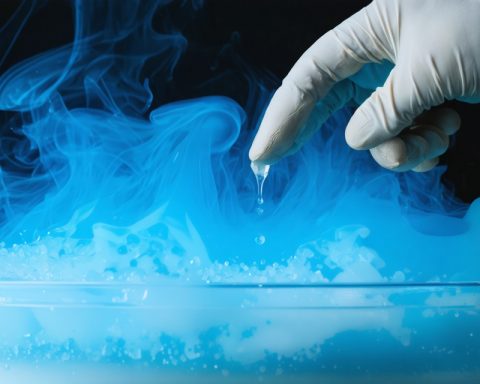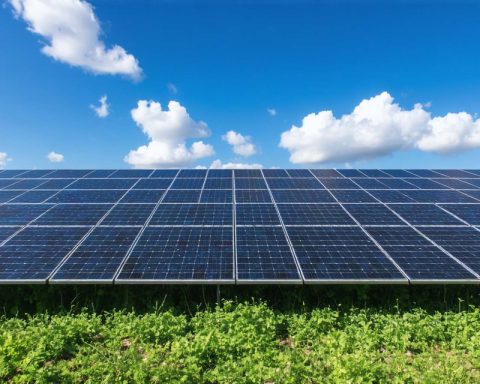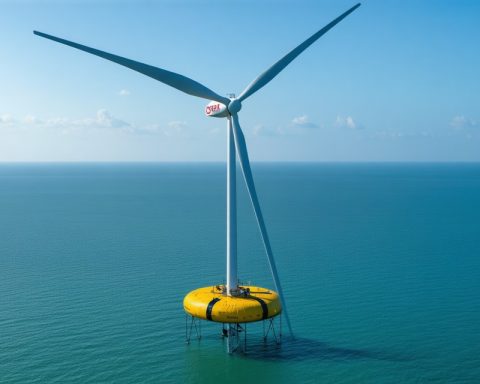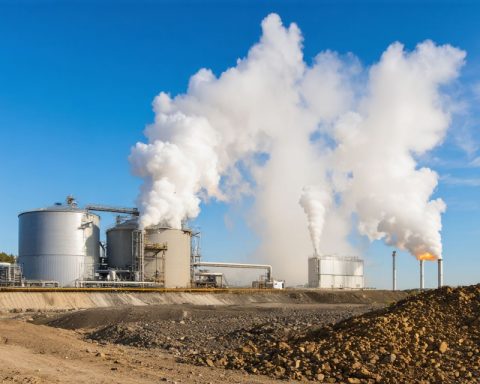Browse TagAmmonia Production
Ammonia production refers to the industrial process of synthesizing ammonia (NH3), a compound made of nitrogen and hydrogen. Ammonia is primarily produced through the Haber-Bosch process, which combines nitrogen from the air with hydrogen derived from natural gas, coal, or water electrolysis. This process operates at high temperatures and pressures in the presence of catalysts to increase the reaction rate and yield.Ammonia plays a crucial role as a key ingredient in fertilizers, essential for agriculture, and serves as an intermediate in the synthesis of various chemical products, including explosives, plastics, and pharmaceuticals. The production of ammonia is significant in supporting global food production and can impact environmental factors due to its potential contributions to greenhouse gas emissions when fossil fuels are used for hydrogen generation. Continuous advancements are being made to develop more sustainable methods of ammonia production, such as utilizing renewable energy sources and alternative feedstocks.












